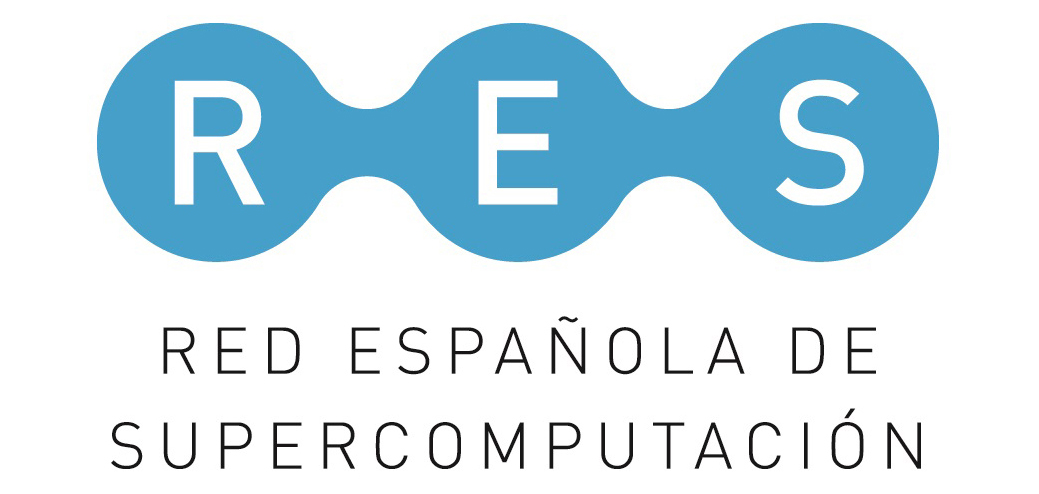Deployment of next generation services in the Scientific and Technological Network of Extremadura
- Jesús Calle Cancho, CénitS-COMPUTAEX. Trabajo Final de Máster Universitario en Dirección TIC, Universidad de Extremadura.
With the continuous development of network communications over the past few years, the achievement of an efficient orchestration and network management has revealed as one of the major challenges in next-generation networks environments. Furthermore, advances in mobile technologies and the user-driven growth of an increasingly diverse range of services has triggered the requirements to create a new generation of efficient network management mechanisms and architectures able to support these new mobile technologies, services and applications. The configuration and installation of traditional networks require a high degree of knowledge because many network elements have to be treated. Moreover the interactions between networks nodes (switches, routers, etc) are complex. Most cloud applications are distributed and often involve significant network activity to perform their operations. Network operators and service and product providers require a new network solution to efficiently for supporting the increasing demands of this changing network landscape.
Software Defined Networking (SDN) has emerged as an efficient network approach capable of supporting the dynamic nature of the next-generation networks. Integrated with this approach, Network Function Virtualization (NFV) has also emerged as an important opportunity in telecommunications service provisioning for providing an optimization of network functions and resources.
The importance of these approaches is that SDN and NFV has a potential to lead to important reductions in capital expenditures (CAPEX) and operating expenditures (OPEX), which facilitate the deployment of new services. For this reason, the virtualization has emerged to decouple the software networking processing and applications from it hardware, allowing network services to be implemented as a software.
In this project, an approach is proposed in order to reduce the impact of NFV, SDN and Cloud-RAN on the total cost (TCO) of Extremadura Scientific Technological Network (RCT). A techno-economic model is presented providing a technical and economic vision. Moreover, a qualitative and quantitative analysis is established to evaluate the benefits and disadvantage of these emergent technologies.
The quantitative model is used to perform experiments which show a significant cost reduction when virtualization mechanisms are applied on radio access networks. The performed analysis reveals that the proposed architecture provides important CAPEX, OPEX and TCO savings. The experimental results obtained from the comparison between the traditional case and the virtualized case show that:
- CAPEX for the virtualized radio access network can be reduced up to 70 percent with respect to the traditional case.
- In comparison with traditional radio access network, the OPEX for the virtualized radio access network can be reduced up to 59 percent.
- The TCO for the virtualized architecture can be reduced up to 68 percent.
- The cost reduction increases when the number of virtual slices grows.
- The cost savings are greater when the EPC is virtualized.
- Jesús Calle Cancho. Deployment of next generation services in the Scientific and Technological Network of Extremadura. Trabajo Final de Máster Universitario en Dirección TIC, Universidad de Extremadura. Julio de 2017.


